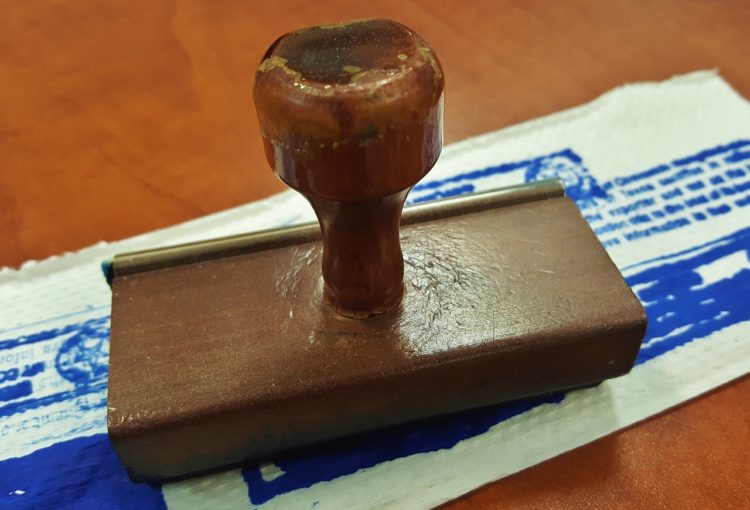Across Europe, different translation systems exist in different countries. In this article, we are going to explore the question of ‘What is a Notarised Translation?’. It is a term that you may see come up often. However, it can be difficult to distinguish exactly what it means. Furthermore, it is easily confused with other terms, such as “certified” or “official”. We will break down each of these terms for you.
“Notarised” vs “Sworn” Translations
These are two different things. A sworn translation is commonly found in the EU, and is the system in Spain. Sworn translators are expert translators who have been authorised by the Ministry of Foreign Affairs and Cooperation. After sitting a series of difficult exams, they become ‘sworn’, and obtain unique number, license and certificate. Documents they translate gain legal status, and are thus required for many official documents. For more in-depth information, see this article on Sworn Translations. Due to sworn translators, there is no need for a ‘notarised’ translation- a sworn translation itself ensures both quality and legality.
However, this system does not exist in the UK. No such standardised system exists. It is for this reason that there are so many different terms for translations.
How does the system work in the UK?
In the UK there are no sworn translators- but this is not to say that you can’t go some way to ensuring the accuracy of your translations. To ensure accuracy you can:
- Go to an independent institute such as The Chartered Institute of Linguists or the Institute of Translation & Interpreting. These organisations require their translators to take difficult exams, ensuring quality.
- Check for the ISO 17100:2015. This certification ensures that a translator meets minimum standards and qualifications.
- You can also make sure that your translations are either “certified” or “notarised” …
“Certified” vs “Notarised” Translations
You often hear the term “certified” translation. To certify a translation, the translator attests that the translation is a complete and accurate reflection of the text. They then add their stamp, complete with their credentials as a translator, to each page.
So then, what is a notarised translation? How does this differ? A notarised translation is similar to a certified translator, but adds a level of accountability. The translator swears an oath before a Notary Public that they have produced the translation, and the Notary Public then adds their seal to the text as well. The Notary Public does not guarantee the quality of the translation, but rather verifies the identity of the translator. They are thus held accountable for the work. It also goes some way to making the document more official.
To get a document notarised, the translation must be presented, along with the original document, in the Notary’s Office. Then, the translator swears an oath and signs a sworn statement before a Notary Public. The Notary Public then attests that it is a true and accurate depiction of the original document. Again, this is not a guarantee of accuracy, but that the translator has carried out the work to the best of their abilities.
Need a document translated?
We hope you enjoyed this article, asking what is a notarised translation? At iTrad Traducciones, all of our translators come sworn. That means you can be assured of the quality of whatever it is you need translated! If you have any questions, don’t hesitate to email us at info@itrad.es!






